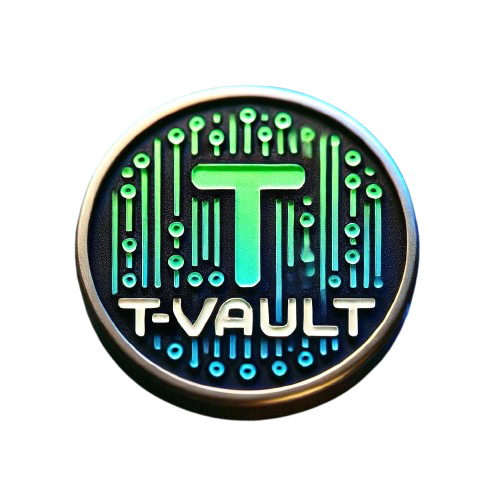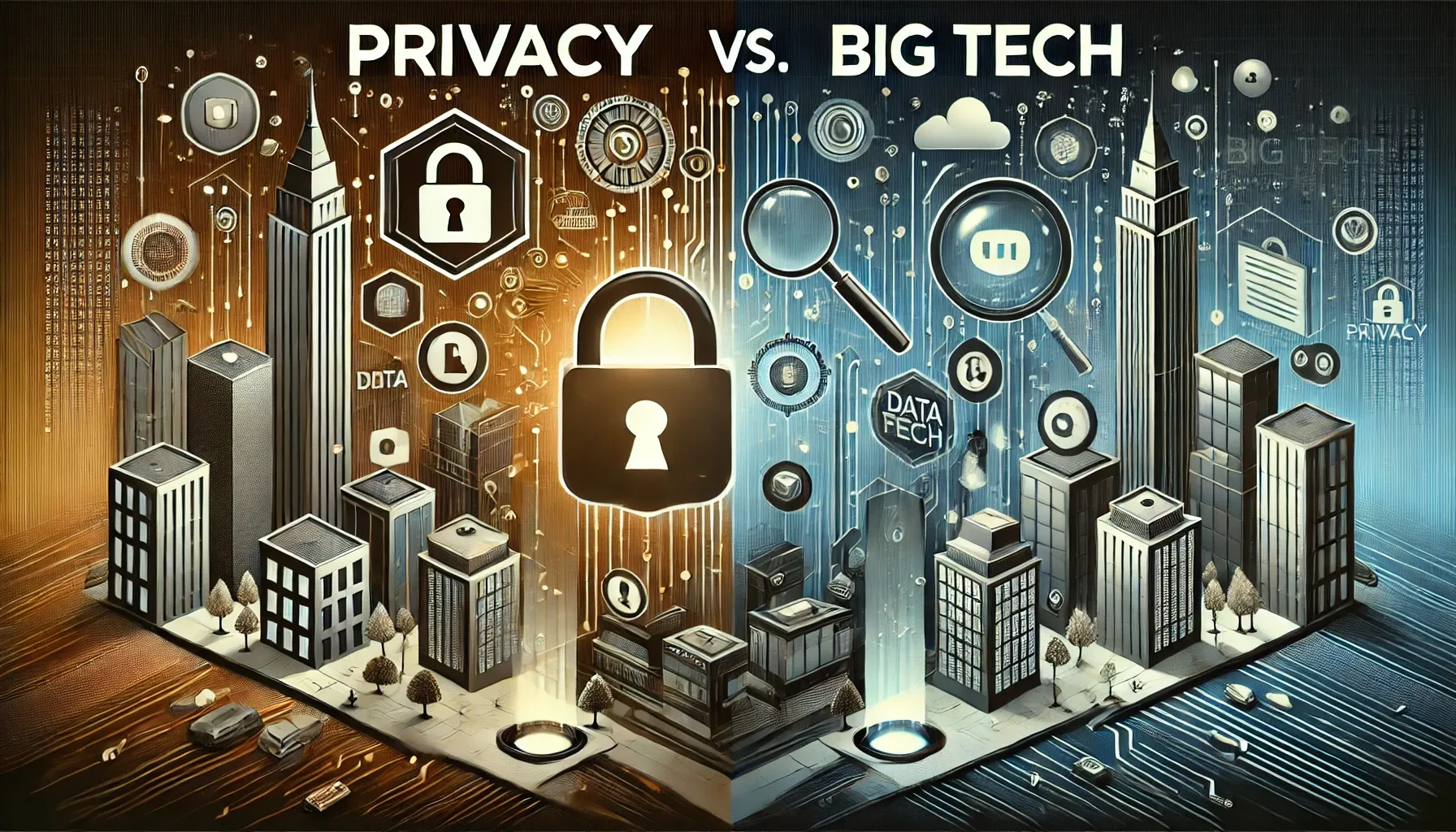Keeping your data private is more important than ever, and services like Proton’s suite—including Proton Mail, Drive, and VPN—are built to do just that. But what actually happens when the law steps in? How does Proton handle things compared to Big Tech giants like Google, Microsoft, or Dropbox? Let’s break it down.
How Proton Handles Legal Requests
Proton is based in Switzerland, a country with some of the world’s strongest privacy laws. Even so, legal requests can’t always be avoided. Here’s what Proton can and cannot do when faced with such situations:
What Proton Can Share:
- Metadata: Proton can provide data like:
- Who sent and received emails.
- When emails were sent.
- Your IP address, but only if a court forces them to log it. Proton doesn’t log IP addresses by default.
- Account Details:
- Your registration email.
- Payment information for paid accounts (e.g., credit card details or PayPal info).
What Proton Cannot Share:
- Email and File Content: Your emails and files are end-to-end encrypted, meaning only you hold the keys to decrypt them.
- VPN Activity Logs: Proton VPN doesn’t track your activity, so there’s nothing to hand over.
Even if Proton is forced to cooperate with authorities, the data they can provide is extremely limited. This is a big departure from how most Big Tech companies operate.
How Big Tech Deals with Legal Requests
Companies like Google, Microsoft, and Dropbox are built with convenience and scale in mind. Privacy often comes second. Their approach to legal requests reflects that.
What Big Tech Can Share:
- Account Details:
- Similar to Proton, they can share registration info and payment details.
- Metadata:
- This includes much more than Proton’s offering: location data, device info, and detailed usage patterns.
- Content:
- Google, Microsoft, and Dropbox use server-side encryption, which means they hold the keys to your data. When requested, they can decrypt and hand over:
- Email content.
- Files stored on their platforms.
- Google, Microsoft, and Dropbox use server-side encryption, which means they hold the keys to your data. When requested, they can decrypt and hand over:
Real-World Implications:
- Under laws like the U.S. CLOUD Act, companies can be compelled to provide data even if it’s stored outside the United States.
- Dropbox, for example, scans files for copyright compliance, which highlights their ability to access user data.
Why Proton Stands Out
Proton’s system is designed to protect your data—even from themselves. Here’s what makes them different:
- End-to-End Encryption:
- Everything is encrypted on your device before it’s sent to Proton’s servers. They don’t have the keys, so they can’t decrypt your data.
- Even if someone breaches Proton’s servers, they’d only get useless, encrypted blobs.
- No Default Logging:
- Proton doesn’t log IP addresses or activity unless a court order forces them to start. Even then, it’s only from that moment onward.
- Swiss Privacy Laws:
- Swiss law provides an extra layer of protection. Any foreign requests for data must go through Swiss courts, slowing things down and ensuring scrutiny.
The Trade-Off: Privacy vs. Convenience
While Proton’s approach is great for privacy, it does come with a few limitations:
- Big Tech’s Convenience: Google Drive and OneDrive integrate seamlessly with other tools, making them easy to use. Proton Drive, while improving, is still more basic in its features and integrations.
- Metadata Exposure: Proton can’t encrypt email headers or timestamps. This information could still be handed over if required.
For most people, the choice depends on priorities:
- If privacy is your top concern, Proton’s services are hard to beat.
- If you value convenience and deep integrations, Big Tech may still have an edge.
No service is completely immune to legal pressure, but Proton’s design ensures that your data stays private—even from Proton themselves. Big Tech’s server-side encryption and data handling make them far more susceptible to legal and unauthorized access.
If privacy matters most to you, Proton’s approach is a solid choice. But if seamless integration and advanced features are what you need, Big Tech might still be worth considering. What’s your priority?
Sincerely
T-Q


No responses yet